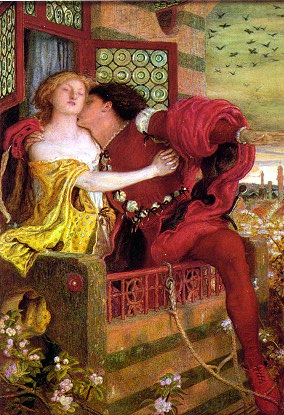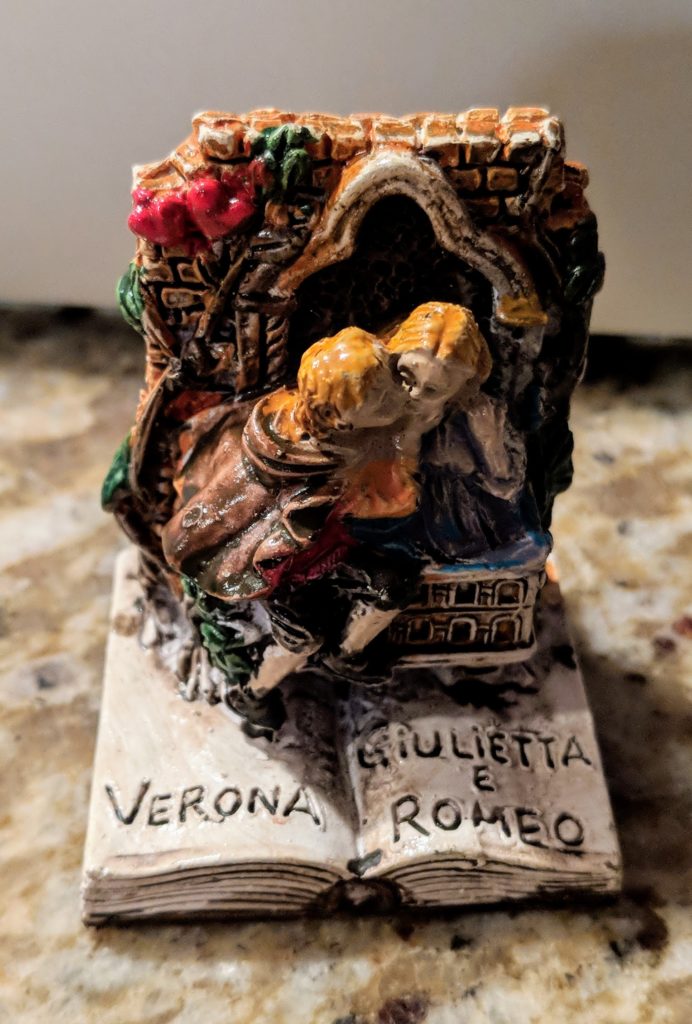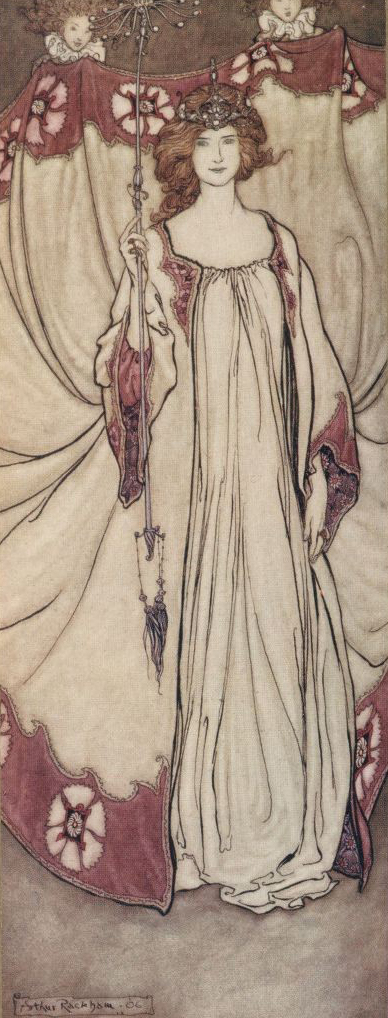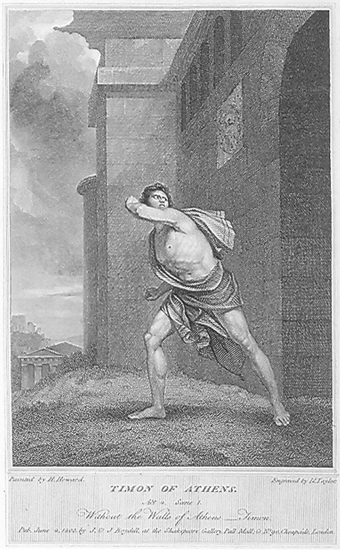I’m sure you know the news I’m talking about. The following is just stream of consciousness on the subject.

There’s not a Gen-X AP English kid out there that didn’t see this film. It was always a good day when the teacher said you were going to watch a movie, but how often did they tell you ahead of time that this movie contained nudity?
In the 1980s, that’s what we had to work with – the 1968 Zeffirelli version of the movie, starring Olivia Hussey and Leonard Whiting (and Michael York as a badass Tybalt, let’s not forget him!) Let’s not forget it won some Oscars. It was a good movie. It just so happened to have a brief bit of nudity, and the naked people happened to be 16 years old. (How was that even possible? Well, it was filmed in Italy, for one. In the 1960s. Rules were different?)
Fast forward to the 90s and suddenly everybody got to watch the 1996 Romeo+Juliet with Leo DiCaprio and Claire Danes, and everything changed. The 1968 went back into the archives, and I don’t know about you, but I don’t recall it being all that big of a deal. We knew it existed. Some of us had seen it. So?
Here we are, fifty-something years later. The director, Franco Zeffirelli, died a few years ago. Guess what? Here come the stories. We didn’t want to do the nude scene. He lied to us. Could we please have fifty million dollars?
Oh, and did we mention that in 2021 she’s on record saying that she was broke? So, let’s see, built her whole career on the fame that this movie brought, now she needs money, and the guy she’s accusing is gone. Jackpot.
“Repackaging what is essentially pornography,” the article says. Have these people heard of the internet? Do we really think anybody’s wading through Shakespeare for a half-second glimpse of something that you could probably see at will by visiting a nude beach in Italy? Granted, it’s been a long, long time since I saw the scene in question (and given today’s world I’m not going to go looking for it) but in the time it would take you to fast-forward to it you could have googled stuff a thousand times worse.
By today’s standards, literally everything about this story would be unacceptable. No question. Hussey, like many child stars, has had a pretty terrible life coming out of this (mental health issues, abusive relationships, etc…) Pin that on the entire system, absolutely. There’s multiple generations of child actors that are right there with you. But to reach back fifty years, after decades of promoting both the accused (she worked with him again) and the movie (she’s spoken well of the production in the past), now you want money? I don’t think so. I hope this goes nowhere. This story, not anything about the original movie, gives Shakespeare a bad name.
Oh – for those that aren’t familiar with the term Streisand Effect, it refers to people who try to hide things on the Internet, or say “Nobody can see this!” Most of the people that hear that never saw it in the first place, never even knew about it, but now that you said that, they go hunt it down. Named for Barbara Streisand, who tried to suppress the California Coastal Records project from including pictures that showed her house, resulting in way more people seeing the pictures than ever would have if she’d said nothing.
I’m not saying that there are people out there who hear about a movie that includes a brief glimpse of a topless 16yr old and think, “Man, I gotta see that,” but, come on, this is the internet. Of course there are.



